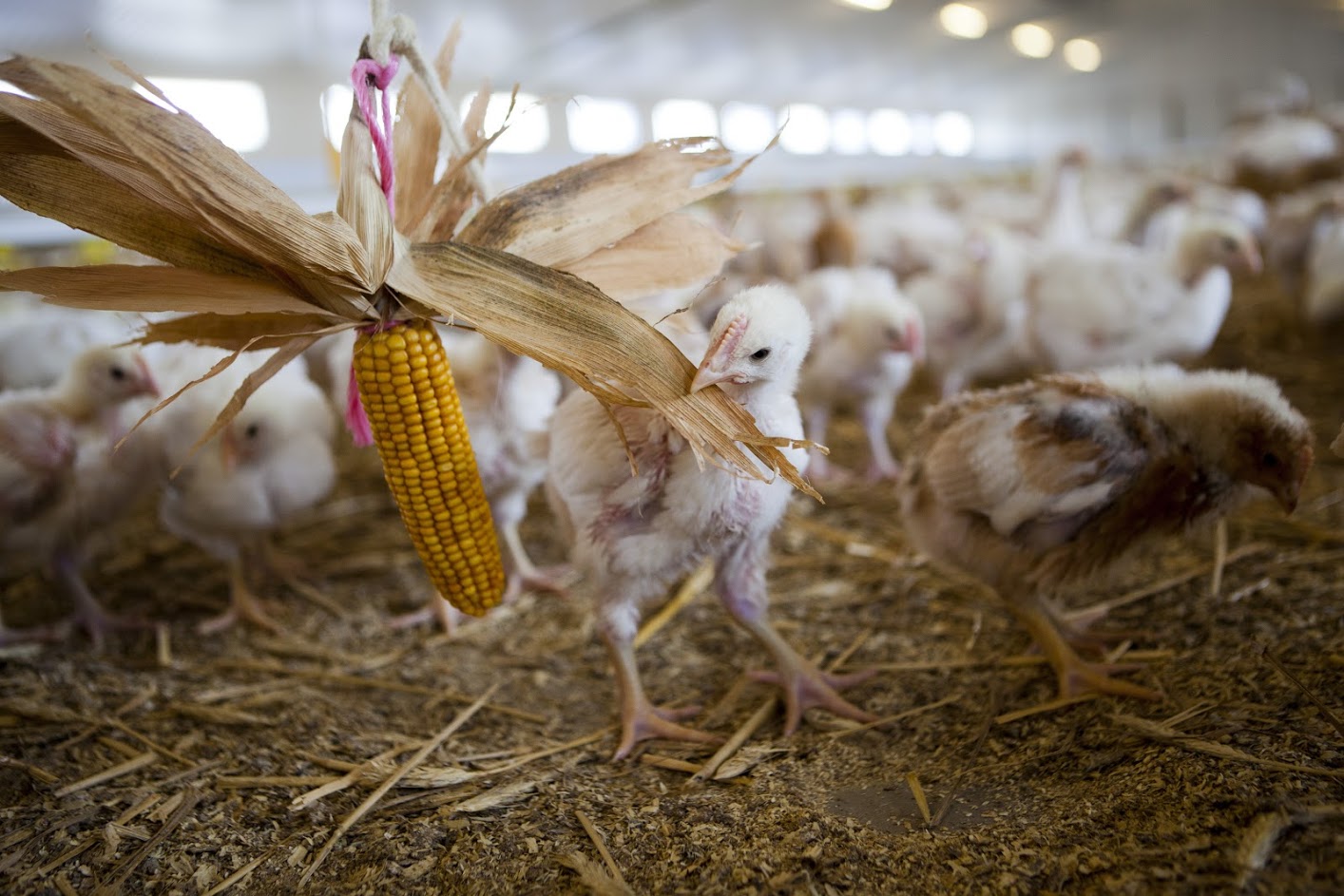
New research reveals a huge double-standard in the way shoppers regard chickens that lay eggs and chickens farmed for their meat.
According to a survey published by RSPCA Assured, 60% of people always buy cage free eggs, but as few as around half that number (33%) say they always buy ethical chicken meat, such as RSPCA Assured, free range and organic.
This huge disparity is in spite of the majority (86%) of respondents saying they think all the chicken we eat should come from farms using ethical welfare standards.
Clive Brazier, chief executive of RSPCA Assured, says: “Most of us are making a higher welfare choice for barn, free range and organic eggs but when it comes to choosing what chicken to roast on a Sunday or where to have fried chicken we seem to be forgetting our ethics.
“Yet we’re talking about one species of animal - just two different breeds. You wouldn’t treat a labrador differently to a poodle, so why are we putting the welfare of a chicken that lays eggs before a chicken farmed for meat?”
Egg revolution
Consumer pressure has brought about a revolution in the UK egg industry with cage-free (barn, free range and organic) production accounting for 52% of eggs in 2016.
But it’s not such good news for meat chickens.
Ethical meat chicken production – RSPCA Assured, free range and organic - is lagging far behind egg production and only accounts for a tiny minority of all the chickens reared for tables each year.
In fact, high welfare only account for about one per cent of UK chicken production.
But according to RSPCA scientist, Sophie Elwes, consumers aren’t entirely to blame and there could be a number of reasons why consumption of ethical meat chicken is so much lower than ethical, cage-free eggs.
She says: “With eggs it’s easy - by law they have to state whether they come from hens in cages and many supermarkets have actually stopped selling eggs from cages altogether.
“But meat chicken labels are a minefield. Claims made on packaging and dubious ‘farm name’ brands can mislead people into thinking the chicken they are buying is higher welfare when it’s not.”
“If the 86% of people in the survey, who think all chicken should come from higher welfare farms, only bought chicken meat labelled RSPCA Assured, free range or organic it would transform meat chicken welfare in this country.”
Its also about the price
But it’s not just unclear labelling that’s contributing to the problem. Price is also a significant factor.
Miss Elwes concludes: “The difference between the cost of eggs from caged birds and free range birds is usually a matter of pence but with meat chicken the difference can be quite a bit more.
“However, when you think an RSPCA Assured chicken costs three times less - gram for gram - than a bar of Dairy Milk, or about the same price as a couple of high street coffees, it sounds much more affordable and a small price to pay for better welfare.”
The news comes two days before Defra’s housing order for poultry is due to be lifted following an outbreak of bird flu.
